Soybean Checkoff Research
Homepage Slider
Research Projects
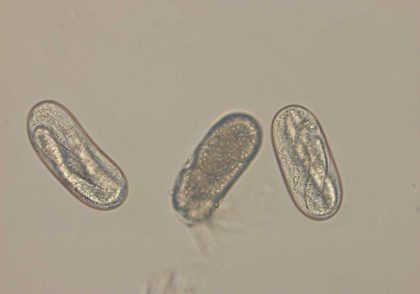
Collect Soil Samples for SCN in Spring
“A soil test in spring will reveal if SCN is present and at what levels. Knowing your SCN numbers in spring will tell you what to expect for the season, identify the best management practices, and plan for next year.” – Horacio Lopez-Nicora, Assistant Professor in Plant Pathology at The Ohio State University
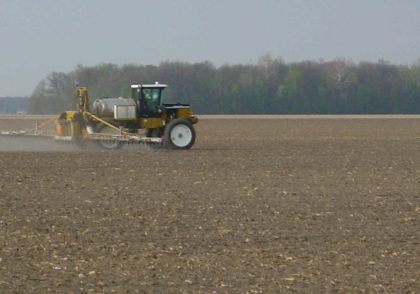
Preemergence mesotrione use in “mesotrione-tolerant” soybeans
“Some mesotrione products are labeled for preemergence use on “mesotrione-tolerant” (GT27) soybeans.” – Dr. Mark Loux
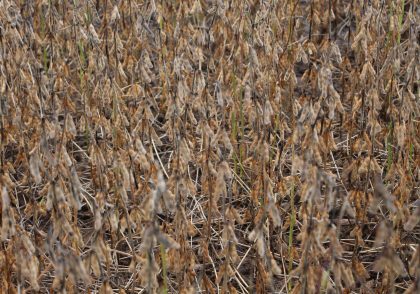
SCN resistant soybean varieties, free has a cost.
“When cyst resistance works, it is great. It is even better when you consider that there is no extra fee charged when you plant a SCN-resistant variety compare to non-SCN resistant variety.” – Dr. Greg Tylka is a Morrill Professor in the Department of Plant Pathology and Microbiology at Iowa State University
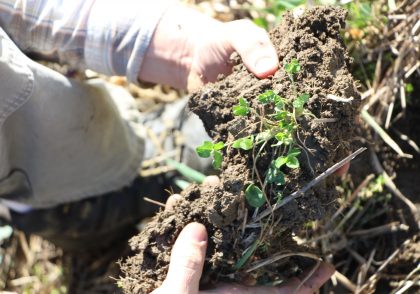
Healthy Soils Suppress Insects and Disease
In unhealthy soils, each plant is on its own to fight insects and diseases.
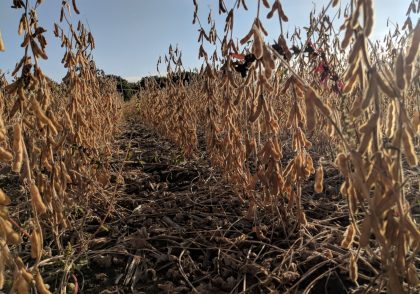
Corn College and Soybean School Recordings Available
Check out the OSU Extension Ag Crops Team YouTube channel for all the recordings.

Thoughts from the Ohio Field Leader on SCN Resistant Varieties.
Increased commodity prices are increasing SCN losses.
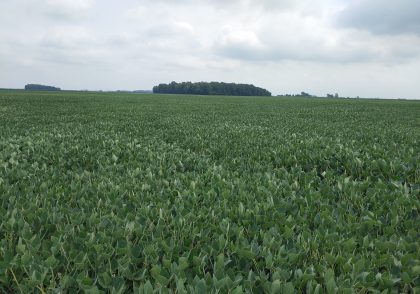
Damaging Pathogen of Soybean
The soybean cyst nematode (SCN) is the most damaging pathogen of soybean in North America.

Nematology on Plant and Soil Health
“If all the matter in the universe except the nematodes were swept away, our world would still be dimly recognizable . . .” Nathan Cobb (1915)

Alite 27 – Residual Herbicide for GT27 Soybeans
Alite 27 is isoxaflutole (Balance Flexx) repackaged and labeled for preemergence use in LL-GT27 soybeans, minus the safener, cyprosulfamide, which protects corn from injury.